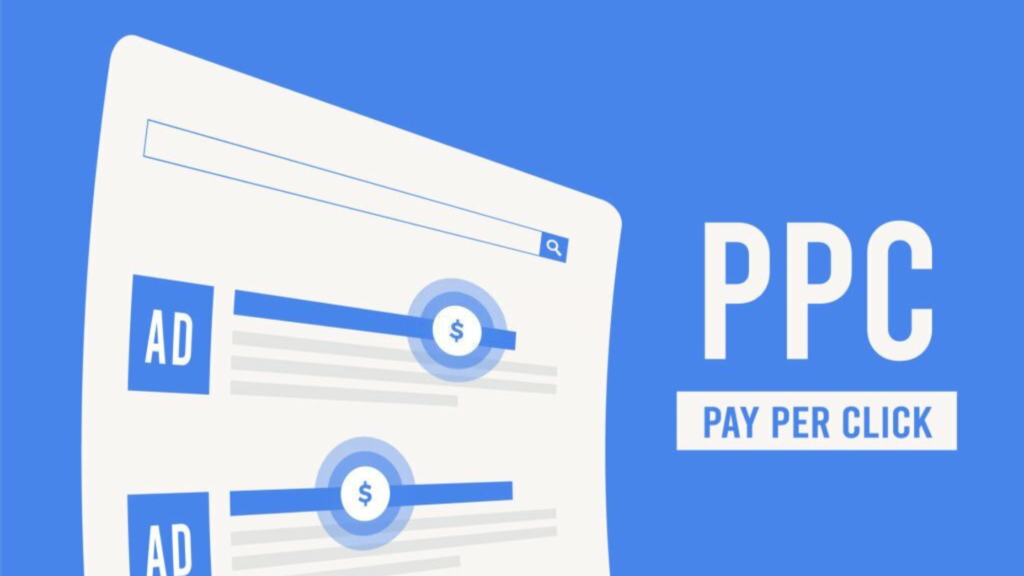
Budgeting in Pay-Per-Click (PPC) advertising can be a tricky task. But fear not, we're here to guide you through it in simple terms, without any jargon. In this blog, we'll explore the basics of budget management in PPC, providing you with easy-to-understand tips on how to control your costs effectively.
Setting Your PPC Budget
Your PPC budget is like the money you set aside for your online advertising campaigns. It's important to start with a budget that's comfortable for your business. Here's how you can do it:
Understand Your Business Goals
Before you dive into PPC advertising, think about your business goals. What do you want to achieve? Is it more website traffic, lead generation, or sales? Knowing your goals will help you set a realistic budget. Learn how to boost your online presence with our Facebook Ads service and start reaching your target audience effectively.
Calculate Your Maximum Cost-Per-Click (CPC)
Determine the maximum amount you're willing to pay for a single click on your ad. This will depend on your industry and competition. Use keyword research tools to estimate CPC.
Daily or Monthly Budget
Decide if you want to set a daily or monthly budget. A daily budget ensures you don't overspend on a single day, while a monthly budget gives you more flexibility.
Choose the Right Keywords
Keywords are the foundation of your PPC campaign. Selecting the right keywords will help you reach the audience you want without overspending.
Use Relevant Keywords
Keywords are the foundation of your PPC campaign. Selecting the right keywords will help you reach the audience you want without overspending.
Long-Tail Keywords
Consider using long-tail keywords – these are more specific and often less competitive, meaning lower CPC.
Negative Keywords
Add negative keywords to exclude irrelevant searches. For example, if you sell new laptops, you can add "used laptops" as a negative keyword to avoid unwanted clicks. Explore the benefits of our SEO service for right keywords to improve your website's visibility and ranking in search engines.
Monitor and Adjust Your Campaign
Once your PPC campaign is up and running, it's crucial to keep an eye on it to ensure your budget is used wisely.
Negative Keywords
Monitor your campaign's performance daily or weekly. Look at metrics like click-through rate (CTR), conversion rate, and cost per conversion.
Adjust Bids
If some keywords are performing well, consider increasing your bid to get more visibility. For underperforming keywords, lower your bid or pause them.

Ad Scheduling
Analyze when your ads perform best. You can schedule your ads to display during peak times to maximize your budget.
Utilize Ad Extensions
Ad extensions allow you to include additional information with your ad, making it more informative and appealing. This can help improve the performance of your ads without increasing your budget.
Sitelink Extensions: Add links to specific pages on your website, such as product pages or contact information.
Callout Extensions: Highlight key benefits or unique selling points of your products or services.
Location Extensions: If you have a physical store, show your location to attract local customers.
Quality Score Matters
Your Quality Score is a vital factor that affects your ad ranking and the cost per click. Here's what you need to know:
Relevance: Make sure your ad copy and landing page are relevant to your keywords. This increases your Quality Score.
CTR: A higher click-through rate indicates that your ad is relevant to users, which can boost your Quality Score.
Landing Page Experience: Ensure your landing page is user-friendly and provides the information promised in your ad.
Use Geographic Targeting
Your Quality Score is a vital factor that affects your ad ranking and the cost per click. Here's what you need to know:

Location Settings: Specify the locations where you want your ads to appear. This prevents your budget from being spent on clicks from irrelevant locations.
Radius Targeting: You can also set a radius around your physical store to reach potential customers in your vicinity.
A/B Testing for Ad Copy
A/B testing allows you to compare two versions of your ad to see which one performs better. This can help you improve your ad's effectiveness without increasing your budget.
Create Variations: Make small changes to your ad copy, such as the headline, description, or call to action.
Monitor Performance: Run both versions simultaneously and monitor their performance. The better-performing ad can be the one you use.
Continuous Testing: Keep testing and refining your ad copy to maximize your budget's impact.
Avoid Bid Wars
In PPC, you're bidding against competitors for ad placements. It's essential not to get caught up in bid wars that can escalate costs.
Competitor Research: Understand what your competitors are doing, but don't blindly match their bids.
Focus on Quality: Concentrate on improving the quality of your ads and your landing pages to maintain a competitive edge.
Long-Term Strategy: Keep your long-term goals in mind rather than overbidding for short-term gains.
Conclusion
Budget management in PPC doesn't have to be complicated. By setting a reasonable budget, selecting the right keywords, monitoring and adjusting your campaign, utilizing ad extensions, focusing on Quality Score, using geographic targeting, A/B testing your ad copy, and avoiding bid wars, you can control your costs effectively while achieving your business goals. Remember, it's about making the most of your budget to get the best results. Start small, learn, and grow your PPC success over time.







